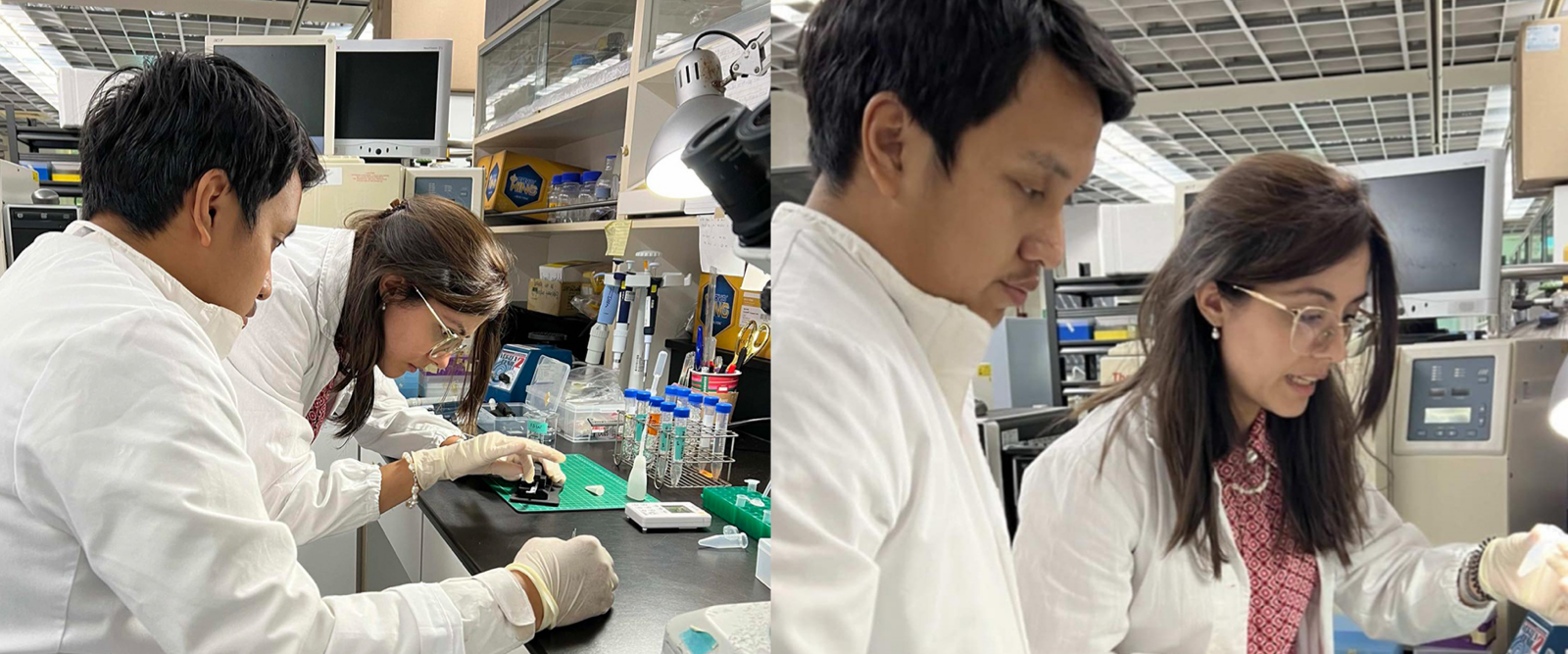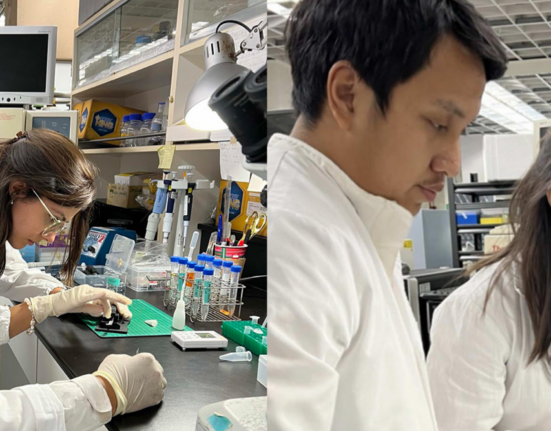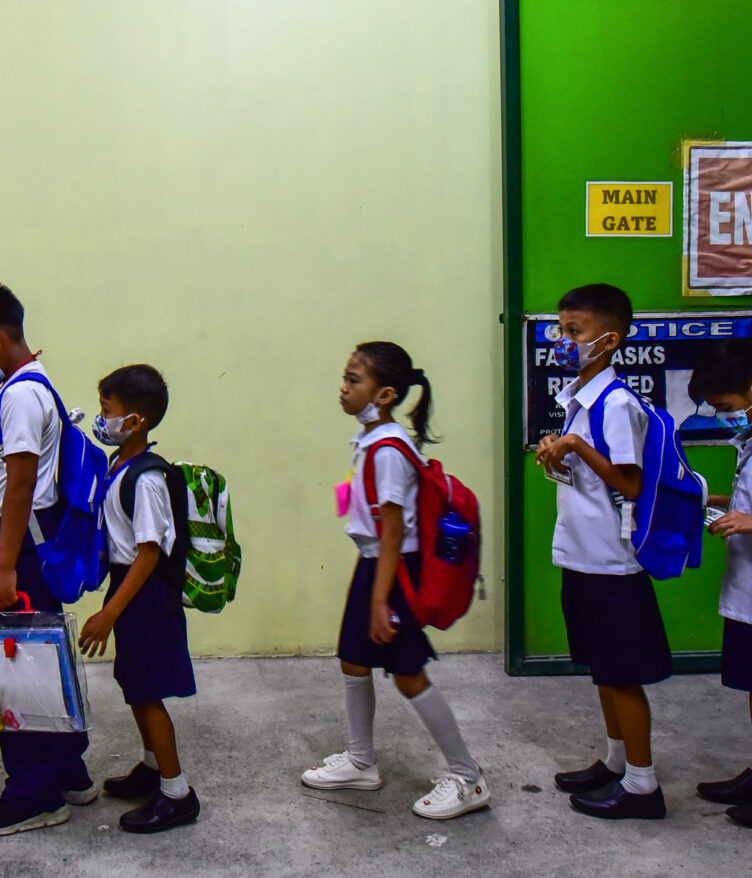THE University of the Philippines Marine Science Institute (MSI) will soon open the country’s first coral larvae cryobank at its Bolinao Marine Laboratory in Pangasinan, a major step in protecting the nation’s coral reefs.
According to MSI in their article, the project comes as coral reefs continue to face pressures from climate change and human activities.
“It’s not just about preserving corals today, it’s about building a foundation for future research and reef restoration that can benefit generations to come,” said Dr. Maria Vanessa Baria-Rodriguez, who leads the Philippine research team.
The facility will allow scientists to “freeze” coral larvae and store them for years, keeping them alive but dormant until they are needed to restore damaged reefs.
This means that even if a reef is destroyed by bleaching, storms, or pollution, healthy coral larvae will still be available to help bring it back to life.
The initiative is part of a regional cryopreservation project to protect coral biodiversity, involving partners from Indonesia, Malaysia, Thailand, and Taiwan.
Led by Dr. Chiahsin Lin of Taiwan’s National Dong Hwa University and National Museum of Marine Biology and Aquarium, it is supported by the Coral Research & Development Accelerator Platform (CORDAP) through the Marine Environment and Resources Foundation, Inc. (MERF).
Coral reefs are often called the “rainforests of the sea” because they provide shelter and food for countless marine species, protect coastal communities from strong waves, and support livelihoods through fishing and tourism.
But they are under growing threat from climate change, warming seas, and human activities.
How useful was this post?
Click on a star to rate it!
Average rating 0 / 5. Vote count: 0
No votes so far! Be the first to rate this post.
We are sorry that this post was not useful for you!
Let us improve this post!
Tell us how we can improve this post?







